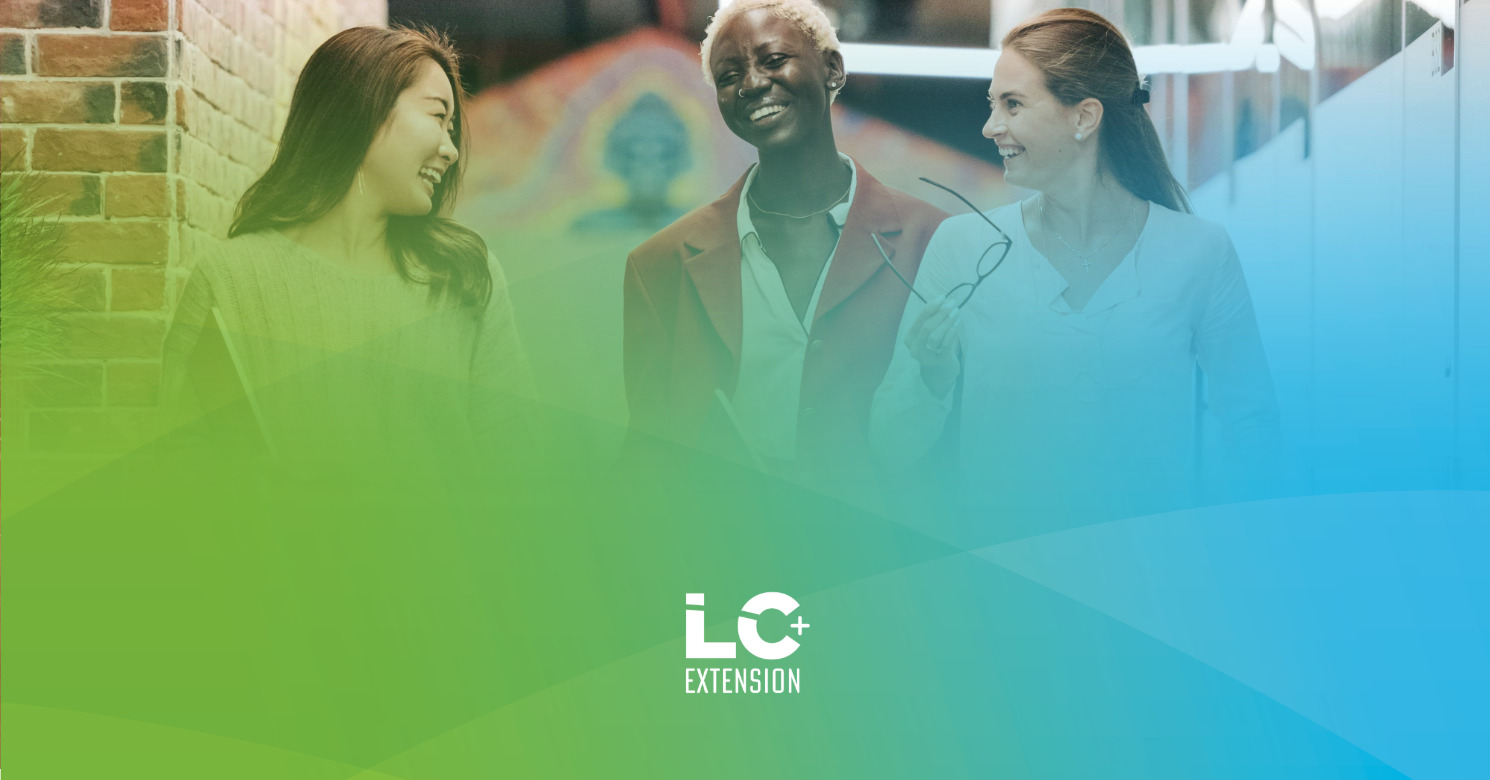
Unleash emotional intelligence as a personal and professional superpower
In our last blog, we considered the business cost of ignoring your employee’s well-being, which shows itself in lost productivity, disengagement and turnover. The price is high, and as a leader, you can’t afford it. If even one member of your team isn’t well, your entire team dynamic can suffer.
And no one goes to work wanting to feel negatively about their job, their colleagues or themselves.
But how do you, as a leader, navigate complicated and sometimes difficult professional relationships? A great start is to lead with your emotional intelligence, also referred to as EI, or EQ-i, the Emotional Quotient Inventory.
This isn’t just a nice to have
Still not sold on the need for emotional intelligence? Here’s an important reminder about the National Standard of Canada for Psychological Health and Safety in the Workplace. This framework was the first of its kind in the world back in 2013 when it launched.
Over the last decade, our awareness of the importance of mental well-being has grown, as has the expectation that employers will assess and manage psychological hazards with the same rigour and care as physical hazards. Ensuring a psychologically safe workspace is a must, not an option.
We also know 60 per cent of employees felt emotionally detached from their jobs, according to Gallup’s latest State of the Global Workplace report. It also found new record levels of workers reporting stress at work in 2022 and 2023. While we might think this is a holdover from the 2020 pandemic, employee stress has been rising for a decade.
Emotional intelligence can help to provide safer workplaces for people feeling overwhelmed and disconnected.
What is emotional intelligence?
Emotional intelligence is a combination of self-awareness, self-regulation, motivation, empathy and social skills. Think about those five abilities and how crucial they are to every relationship you’ve ever had.
If you’re a parent, you can probably also relate to how much time you spent teaching these skills to your children. But have we mastered them ourselves? And how much stronger would we be—at work, at home, as a boss or as a friend—if we practised and honed our emotional intelligence every day?
EI can be a key to success
TalentSmartEQ tested emotional intelligence with more than 30 other workplace skills and found EI to be “the strongest predictor of performance, explaining a full 58 per cent of success in all types of jobs.” The value can be measured in dollars and cents. People with high emotional intelligence earned an average of $29,000 more per year than people with low EI.
Stats aside, we know this anecdotally in our own lives. The people in our workplaces with high EI stand out.
They’re the ones with a heart for people, who can magically connect the daily grind we experience with some higher purpose. They help us feel like our work is something bigger than ourselves. They pick up when a member of the team feels down. They don’t avoid difficult conversations. When a crisis happens, they keep their cool and often come out of a conflict with an even stronger professional relationship than before it was tested.
You can learn emotional intelligence
We tend to think some people naturally have these people skills, while others don’t. But no, emotional intelligence can be learned and practised.
LC Extension’s upcoming one-day, online course called Building Emotional Intelligence promises to help you learn, understand and use your emotions positively to reduce stress, boost communication, empathize with others and overcome and manage conflicts. Just as importantly, you’ll get a chance to test your EI skills in real-world scenarios and interactive exercises as you learn synchronously with other learners.
If that makes you a little nervous, that’s probably a good thing. You need to be willing to be vulnerable yourself to foster a trusting environment in your workplace. But turn that nervousness into resolve. What do you have to lose? Healthy relationships make our work and workplaces better through employees who are engaged, connected and more productive. And you just might discover a new superpower.